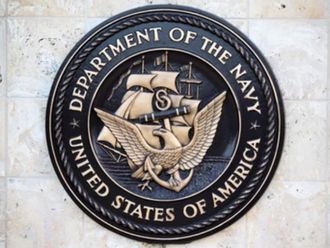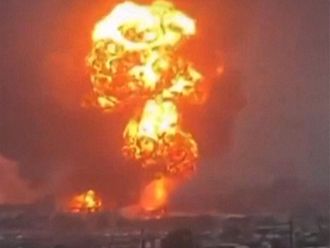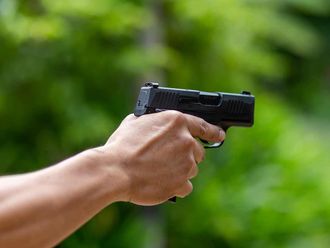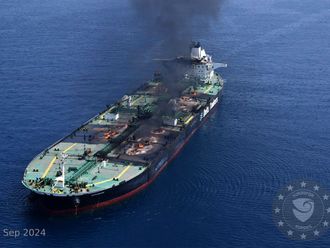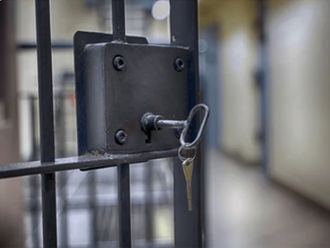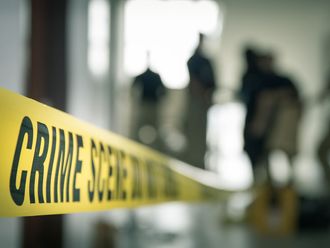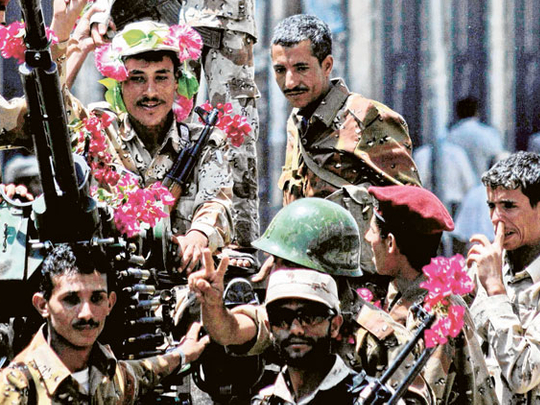
Sana'a: The line between protesters and mutinying soldiers backing them is becoming increasingly blurred in Yemen's eight-month revolt against President Ali Abdullah Saleh's 33-year rule, raising the risk of a more violent conflict that may presage civil war.
As they march past troops at the ready holding machine guns, rifles and rocket-propelled grenades, Yemeni protesters holding up peace signs are joined by groups of armed deserters.
"There are definitely more of them with us these days. I was surprised how many soldiers were around today. I wonder if something is happening," said Omar, a 20-year-old student who looks warily over his shoulder at dozens of troops standing by.
Around Omar, protesters shout "Peaceful, peaceful, no to civil war". In the alleys of the capital, near the march, anti-Saleh forces wait in armoured trucks with machine guns.
The city is carved into enclaves between soldiers loyal to Saleh and troops following a general who backs the opposition, and is still reeling from a week of shelling and shooting which killed more than 100 people.
Saleh returned to Yemen last week after spending three months in Riyadh recovering from an assassination attempt.
Until recently, the line was clear. Civilians protested against the government while General Ali Mohsin Al Ahmar's soldiers watched on from afar, a buffer against attack.
But protesters, frustrated by months of political deadlock, left Al Ahmar's demarcated zone last week and marched into government-held territory flanked by the general's forces.
For diplomats trying to negotiate a long-stalled peace deal, the threat of military escalation was their worst nightmare.
Despite a return to tenuous calm, last week's fighting already derailed one near deal, and it has further unsettled a volatile, impoverished nation where Al Qaida is seeking to gain a larger foothold amid the unrest.
In last week's violent collision, protesters suffered most of the deaths and casualties.
"They can protect us, I believe that," Omar said, his voice shaking. "Maybe it's dangerous to have them here, but it is dangerous not to have them too. I hope this won't cause more trouble."


